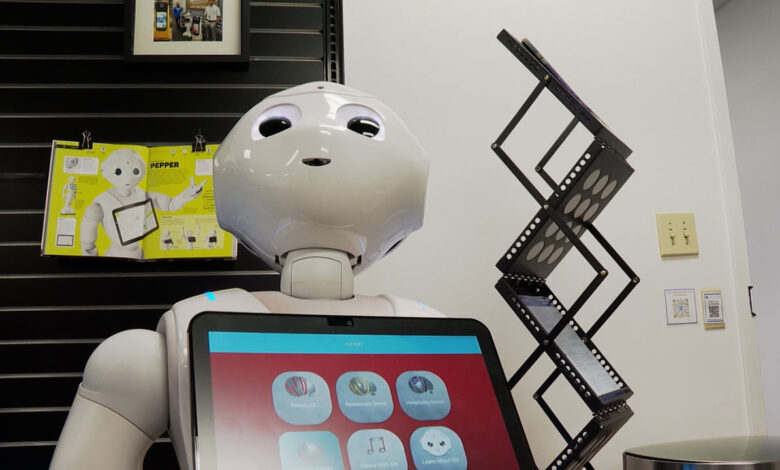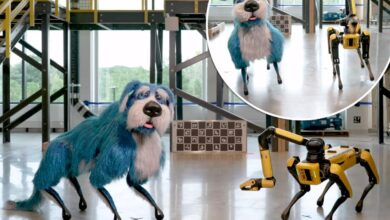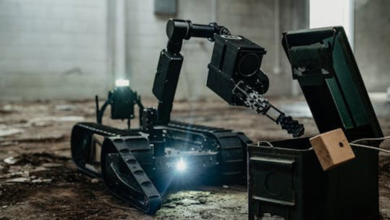Robots from company expanding to Charlotte could come to your favorite restaurant

CHARLOTTE, N.C. (QUEEN CITY NEWS) — From dancing robots, to cleaning robots, to ones serving up peanuts and soda. Inside the new RobotLab building in Charlotte, devices, and about 60 of their friends are ready to roll.
“We have solutions for every market segment that you can think of,” said owner Chetan Patel. “We have cleaning robots, we have delivery robots, we have customer service robots, cooking robots. We have agricultural robots, security robots. I mean, the list just goes on and on.”
RobotLab opened its newest franchise in the Queen City as the company continues its growth nationwide.
“As more and more robots became more and more capable, we added more and more products to our portfolio to the point that today we are the largest robotics company out there,” said the company’s CEO, Elad Inbar.
Headlines surrounding the growing technology oftentimes focus on the negative impact they’ll have on human employment. According to a 2022 study by Socius, 14% of workers have lost their jobs to robots.
RobotLab leaders say that’s not their goal.
“The challenge is, and this is behind everything that we are doing today, we are helping business owners automate tasks that people don’t want to do anymore,” Inbar said.
Cleaning robots are a huge focus for the company, but this new local franchise expects restaurants to be one of their bigger customers. Robots are designed to bring you the bill or deliver food, freeing up time for waiters to better serve customers.
Each robot can do different tricks.
“So, my favorite robot, of course, is Pepper,” said Patel.
But Pepper would say it can do just about anything.
“We have them talking about products: credit cards, and loans and mortgages, and so on,” Inbar explained.
Pepper knows it’s the favorite and knows when you’ve moved on to another robot.
“This is so mean. Am I not the one and only for you?” Pepper said as Inbar walked away to introduce another robot.
RobotLab nationwide also has educational programs and is in about two-thirds of the school districts in the country. Leaders say the real benefit of expanding into local markets is they can get the robots for an individual business, and service it quickly, if needed.



